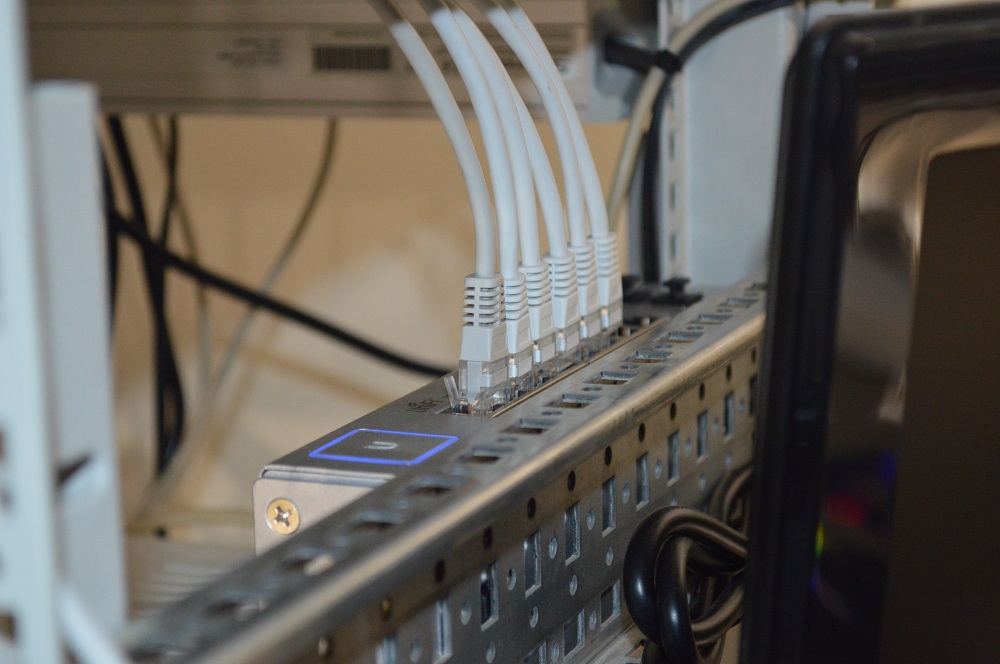- All
- Product Name
- Product Keyword
- Product Model
- Product Summary
- Product Description
- Multi Field Search
Views: 94 Author: Site Editor Publish Time: 2024-01-29 Origin: Site
Selecting the right heavy duty connector for your industrial application can be a complex process that requires a thorough understanding of your project requirements, available connector options, and technical specifications. Working with a supplier or distributor can help streamline the selection process and ensure that you choose the right connector for your needs. In this article, we will discuss the benefits of working with a supplier or distributor to select the right heavy duty connector.
Access to Expertise:
Suppliers and distributors are experts in heavy duty connectors and can provide valuable insight into the technical specifications, connector options, and best practices for installation and use. They can help you identify the connector type, size, and termination method that will best meet your project requirements and ensure optimal performance.
Product Knowledge:
Suppliers and distributors have extensive knowledge of the products they offer and can provide detailed information about connector features, specifications, and certifications. They can also advise on the latest product innovations and emerging technologies to help you stay up-to-date on the latest trends in heavy duty connectors.
Customization:
Suppliers and distributors can work with you to customize heavy duty connectors to meet your specific application requirements. This includes selecting the appropriate housing material, pin and socket layout, and termination method to ensure that the connector performs optimally in your environment.

Quality Assurance:
Suppliers and distributors have rigorous quality control processes in place to ensure that the heavy duty connectors they supply meet or exceed industry standards. This includes testing and certification to ensure that the connectors are safe, reliable, and durable in even the harshest environments.
Pricing and Availability:
Suppliers and distributors can offer competitive pricing and quick delivery times for heavy duty connectors. They can also help you manage your inventory and supply chain to ensure that you always have the connectors you need when you need them.
Technical Support:
Suppliers and distributors can provide technical support throughout the entire lifecycle of your heavy duty connectors. This includes assistance with installation, troubleshooting, and maintenance to ensure that your connectors continue to perform optimally over time.
Working with a supplier or distributor can help ensure that you select the right heavy duty connector for your application, saving you time and money while ensuring optimal performance and reliability. When selecting a supplier or distributor, it is important to choose one that has a proven track record of quality, reliability, and customer service, and that offers a wide range of connector options and customization capabilities.
A terminal block is a compact, insulated base with metal contacts that lets you clamp, join, and distribute conductors without soldering. If you’ve ever routed power to a drive, brought sensor leads into a controller, or handed off field wiring to a PCB, you’ve used one. Understanding what is a term
As a Engineer ,It is very important to choose globally recognized premium terminal blocks .these manufacturersas below: Phoenix Contact, WAGO, Weidmüller, Eaton, Molex, Amphenol, Harting, and Shanye Electronics (subsidiary of Kefa Electronics). These industry leaders collectively dominate the $4.6
This article covers the technical features of spring-loaded and push-in terminals, and both the advantages and disadvantages of these technologies when it comes to installation practices, commissioning, footprint and authorisation for the North American market. Why do we need spring terminal block ?
Wiring a terminal block correctly is a fundamental skill in electrical work, ensuring safe and reliable connections. This article will help you to understand the essential steps, from preparing your wires to securing them properly within various terminal block types.ContentWhat are Terminal Blocks?R
What is terminal block ?terminal block, also known as a connection terminal, is a modular block used in electrical and electronics systems to connect and secure electrical wires or cables. It serves as a convenient and organized way to make electrical connections, whether for power distribution, sig
Terminal electronics is the key point at which a conductor from a electronic component, device or network comes to an end.Terminal may also refer to an electrical connector at this endpoint, acting as the reusable interface to a conductor and creating a point where external circuits can be connected